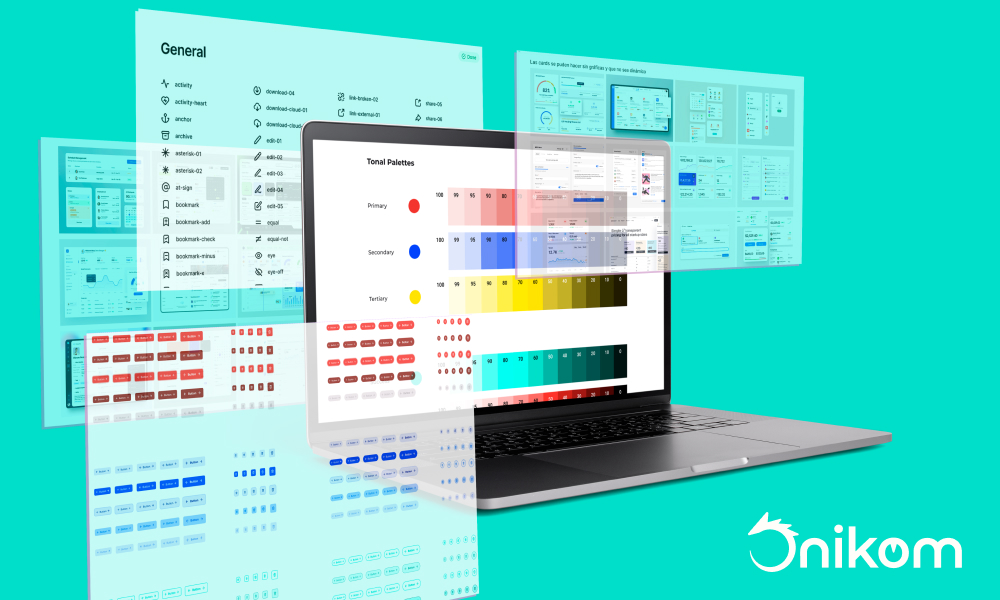In an increasingly digital world, the importance of system design has become crucial in the creation of successful digital products. It is an effective strategy for optimizing digital product development, as it enables development teams to work more efficiently and produce higher quality results.
System design refers to the creation of an overall framework for the architecture of a digital product. This includes the structure of the database, the user interface and how the different components of the system interact with each other. The goal is to ensure that all components of the digital product work together efficiently to achieve the end user’s objectives.
Implementation can be the time and resource saver in the digital product development process. Instead of having to work on each component individually, the development team can focus on implementing the system as a whole. This helps maintain consistency and quality of the final product.
It also helps ensure the scalability of the digital product. By creating a solid structure from the beginning, the development team can easily adapt the system to handle a higher volume of users and data in the future. This is especially important in today’s context of a constantly evolving and changing digital marketplace.
It is also beneficial for the user experience. By ensuring that the different components of the system work together efficiently, a more consistent and satisfying user experience can be guaranteed. It even allows for greater flexibility and personalization of the user experience, which can help attract and retain users.

